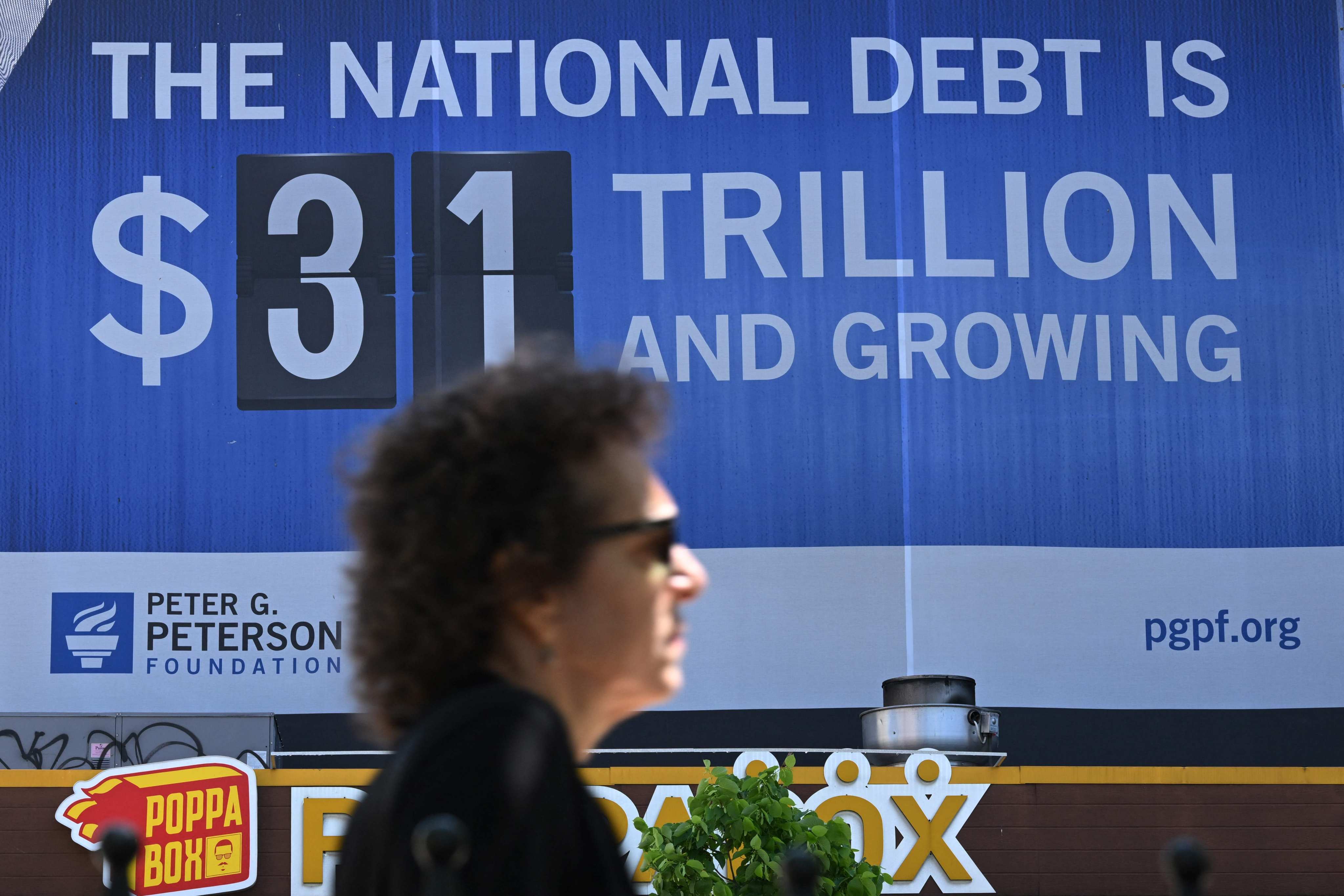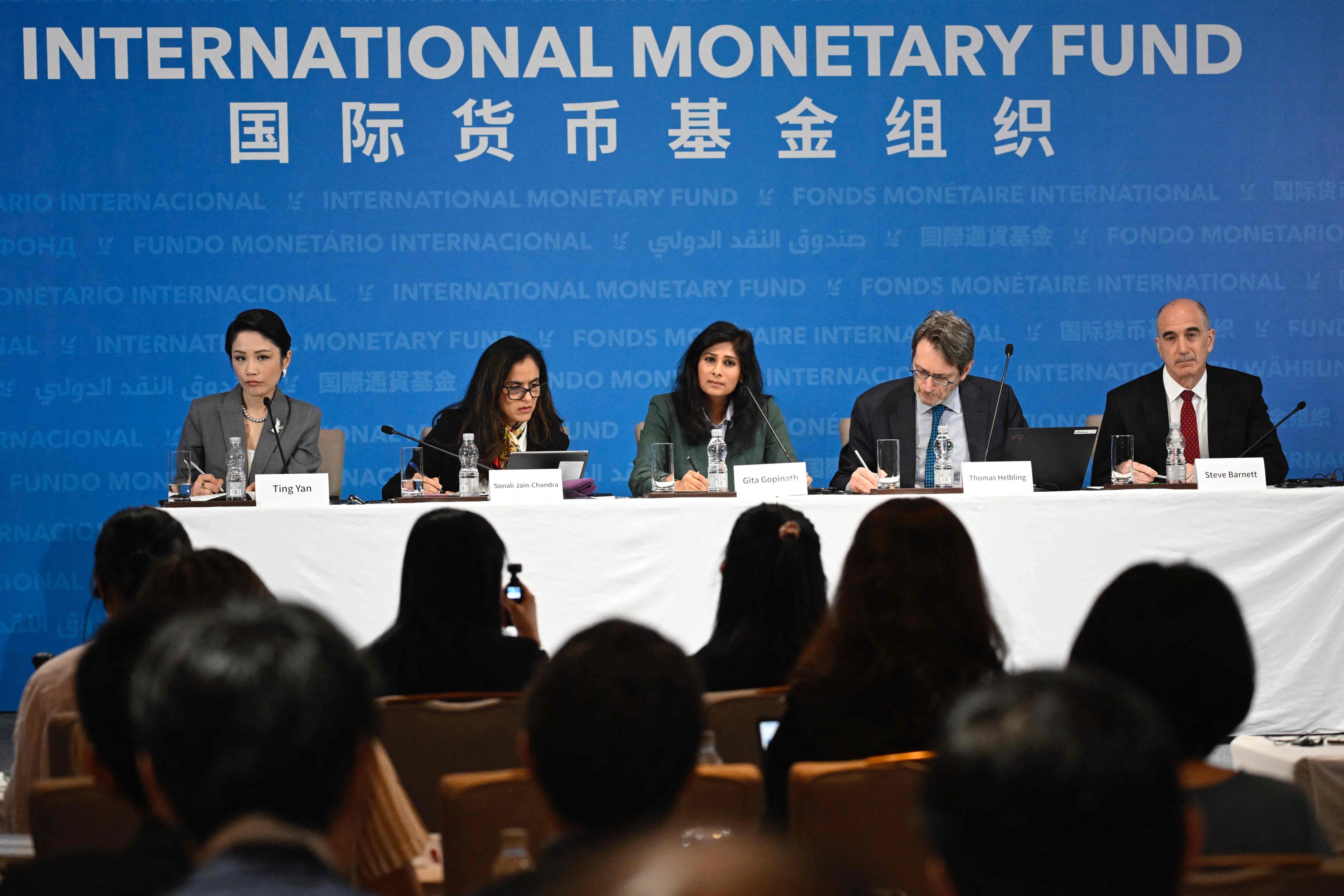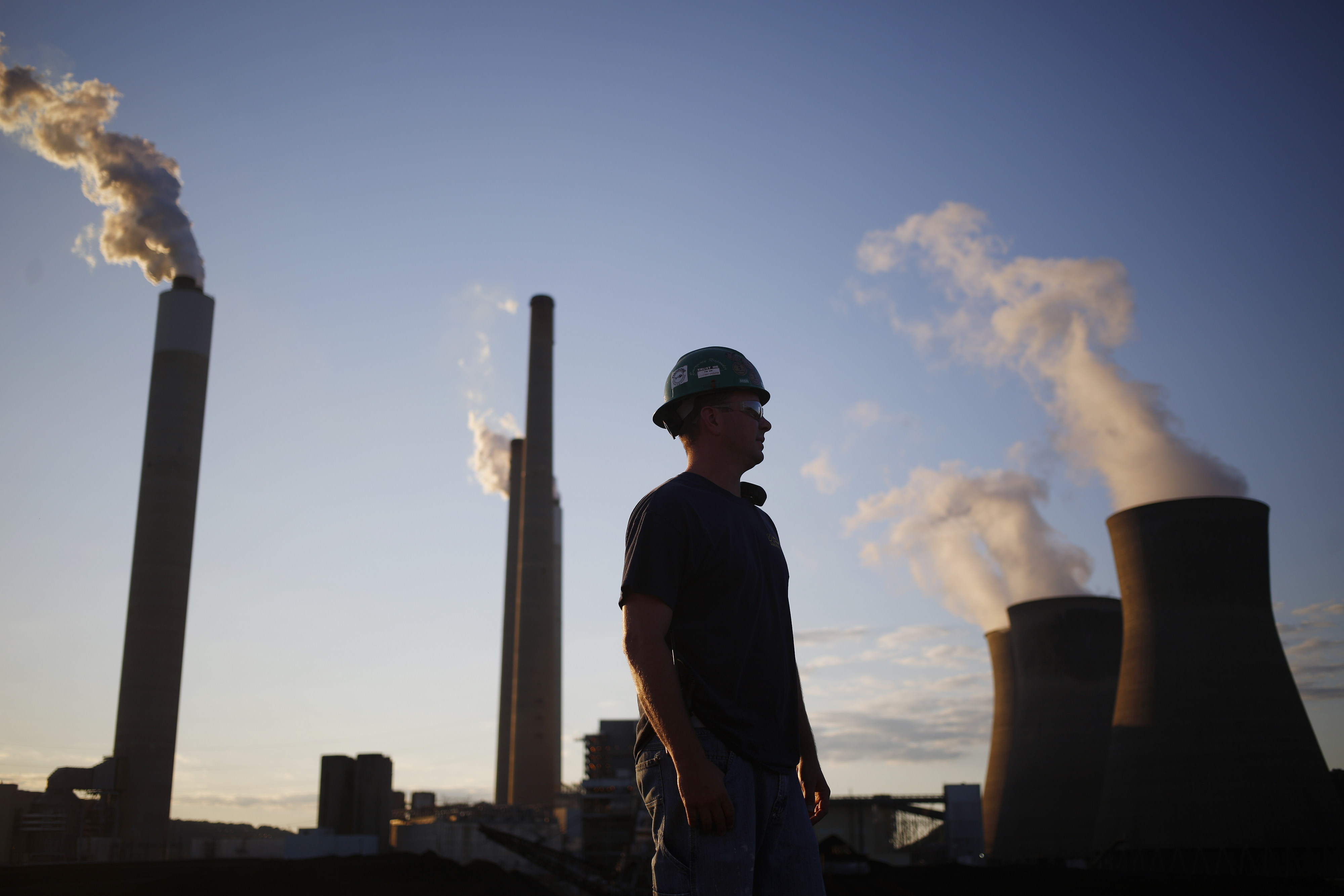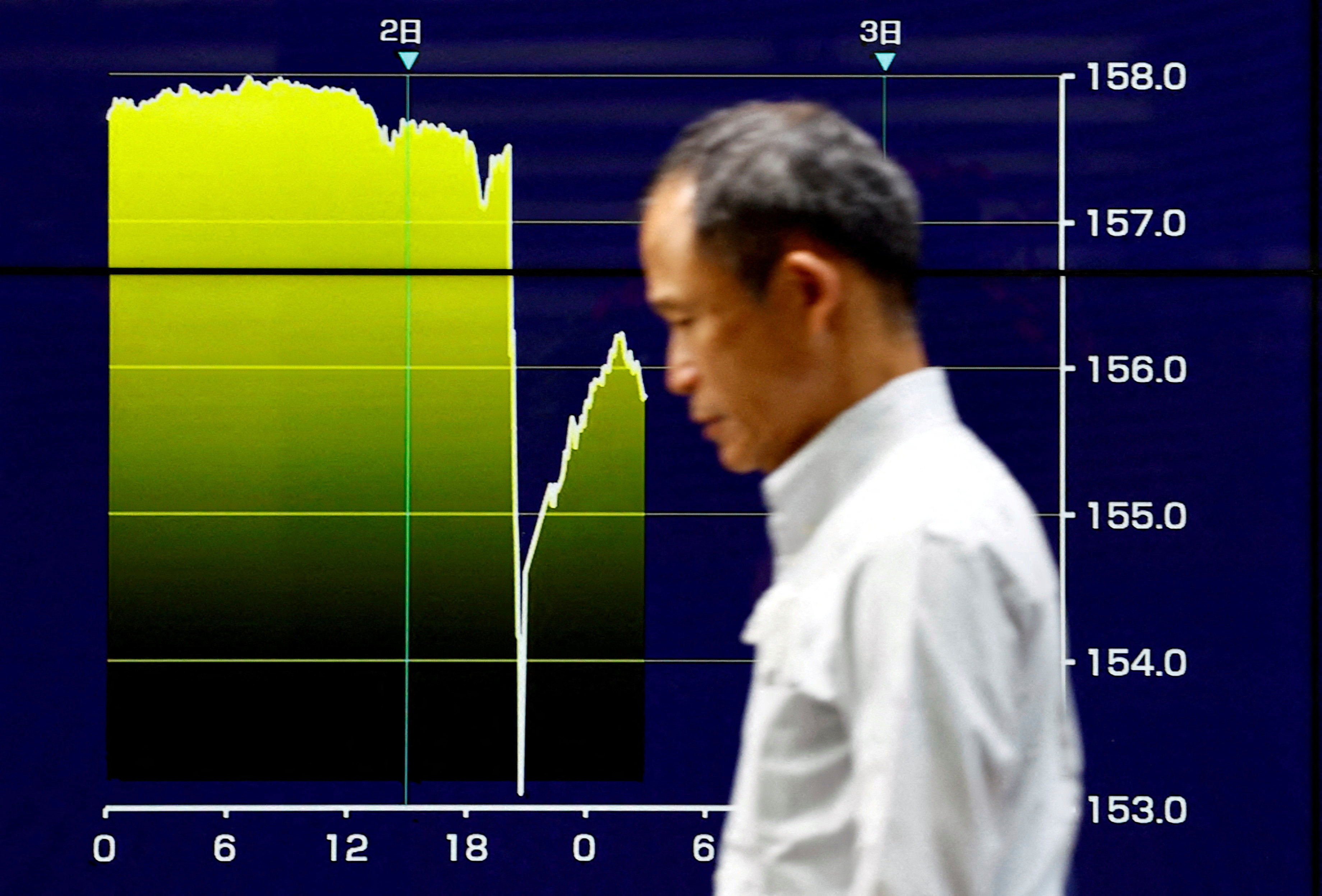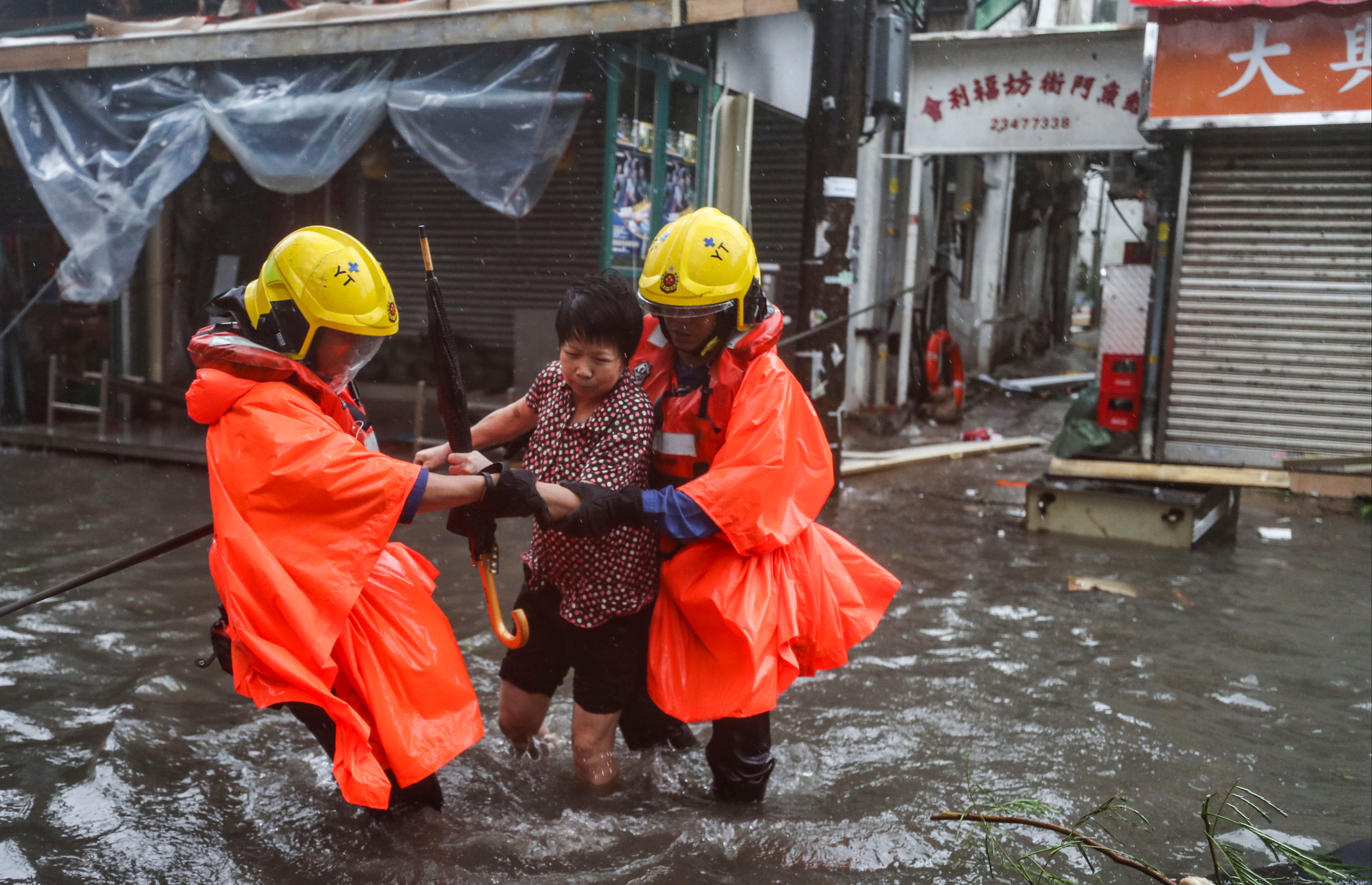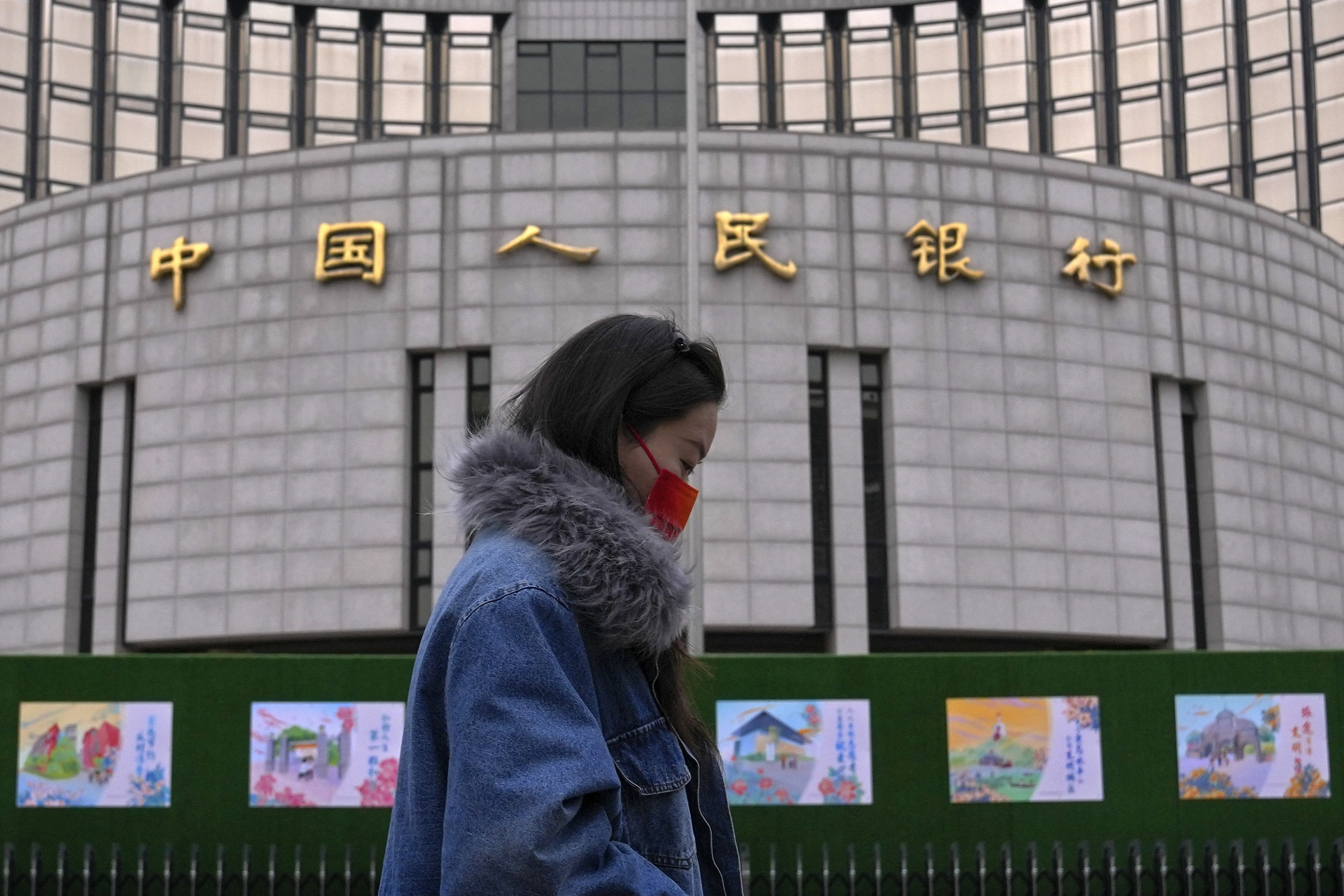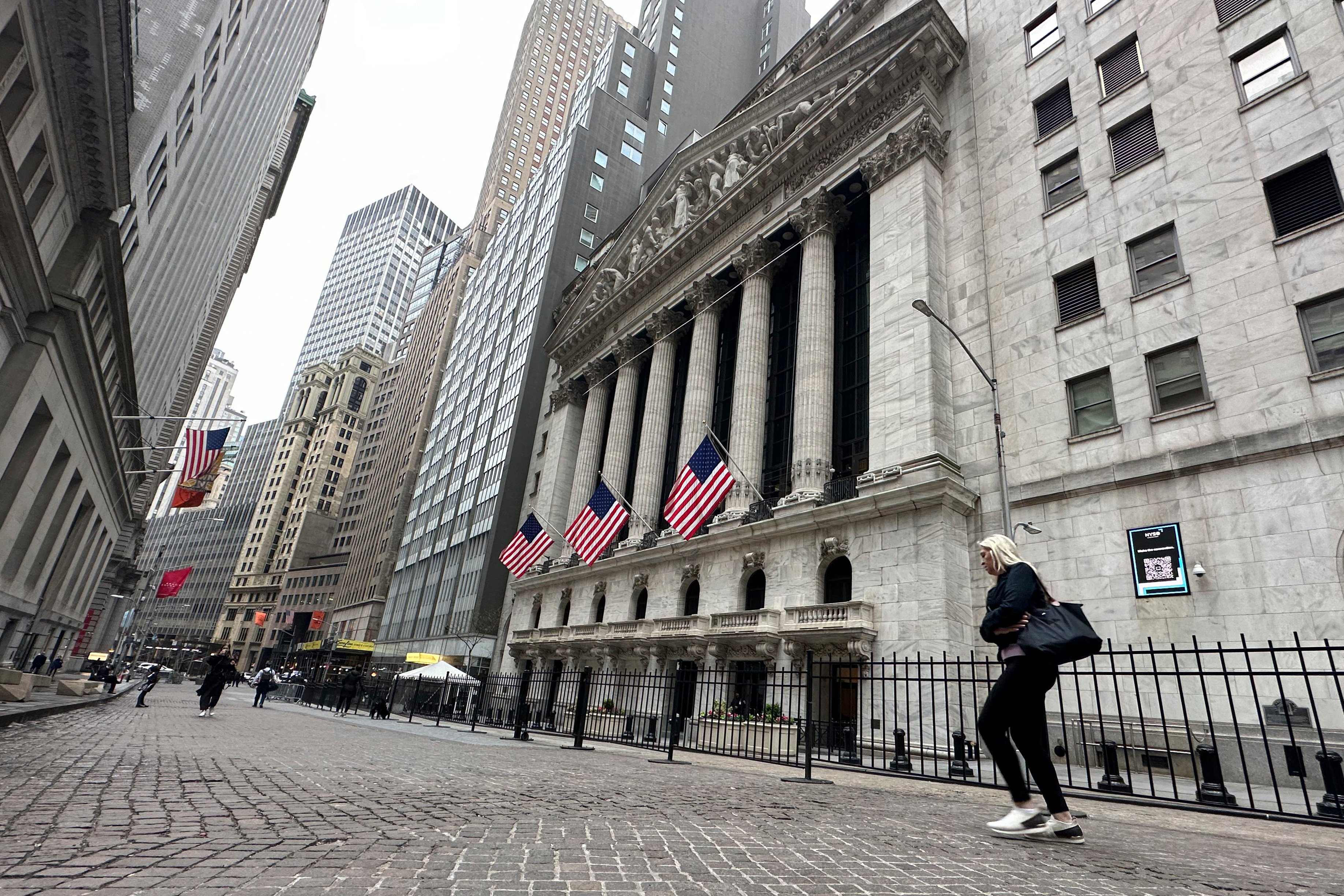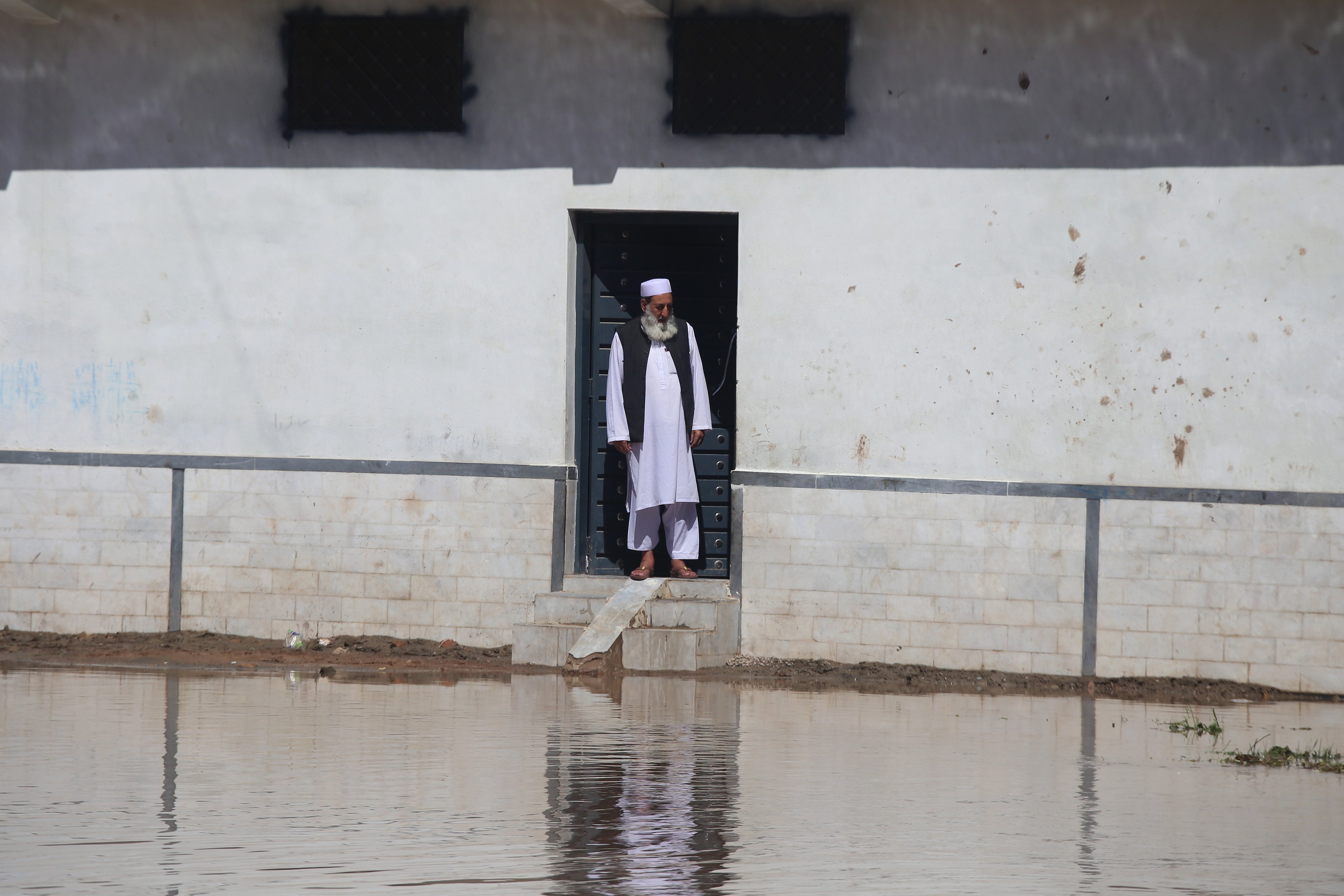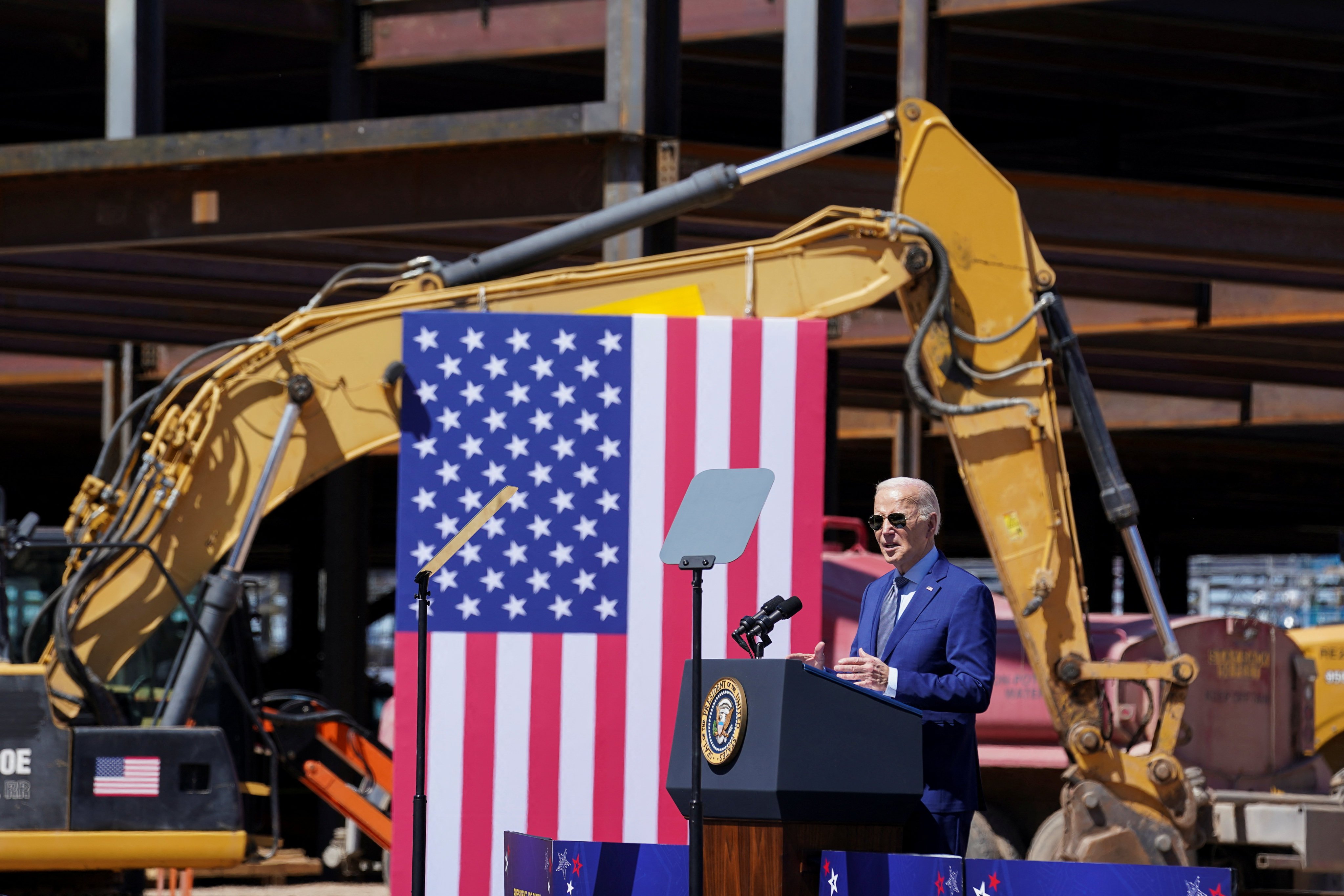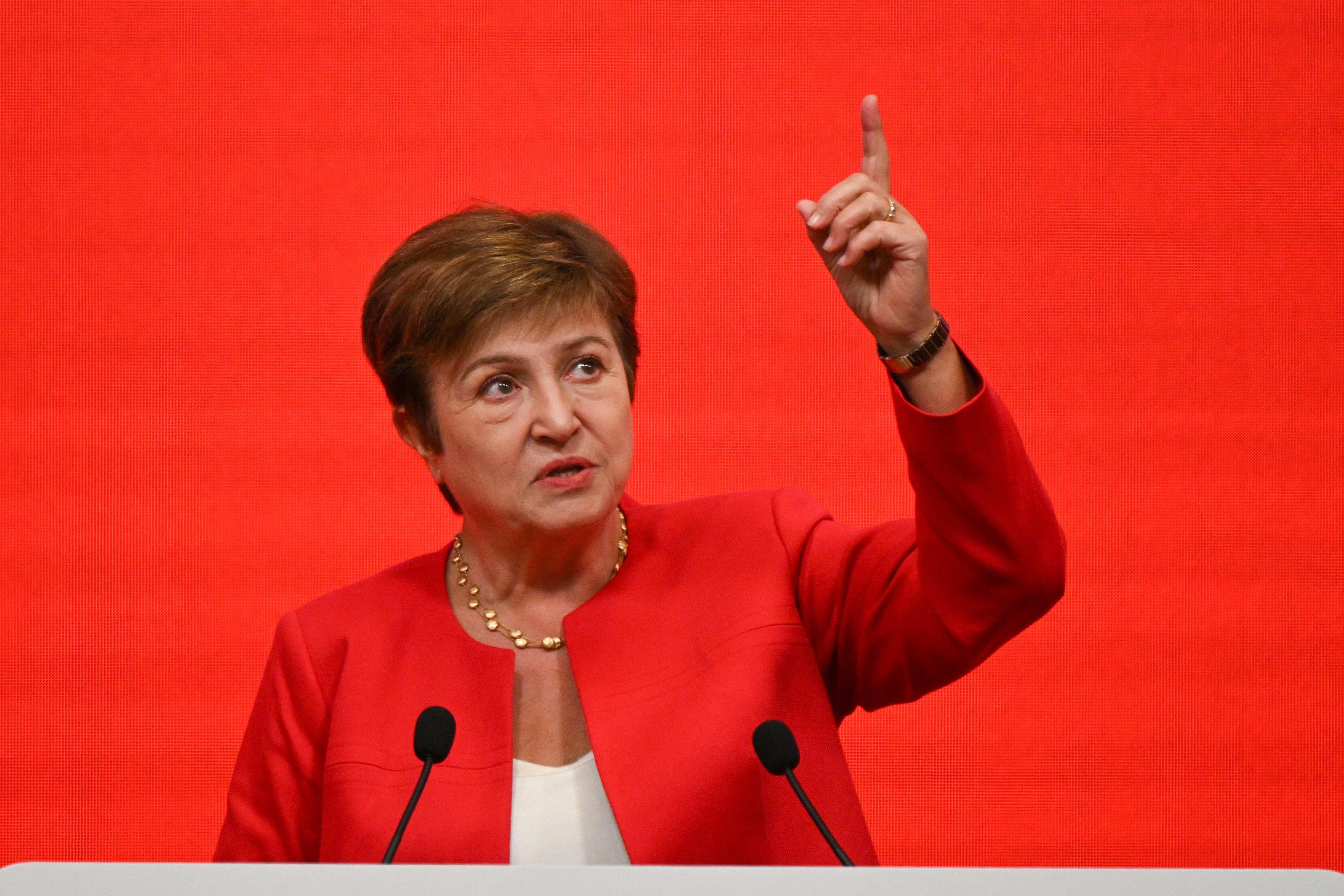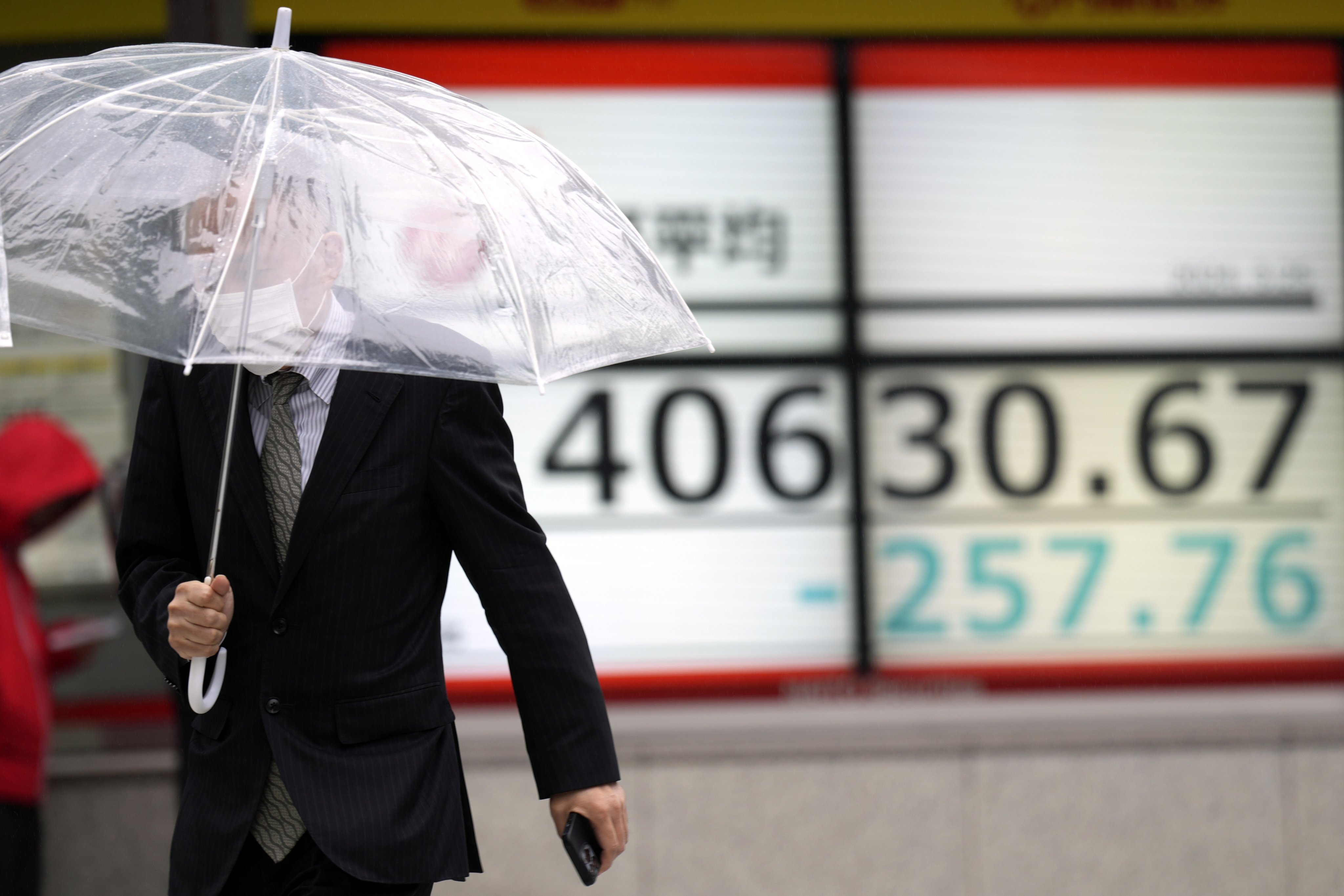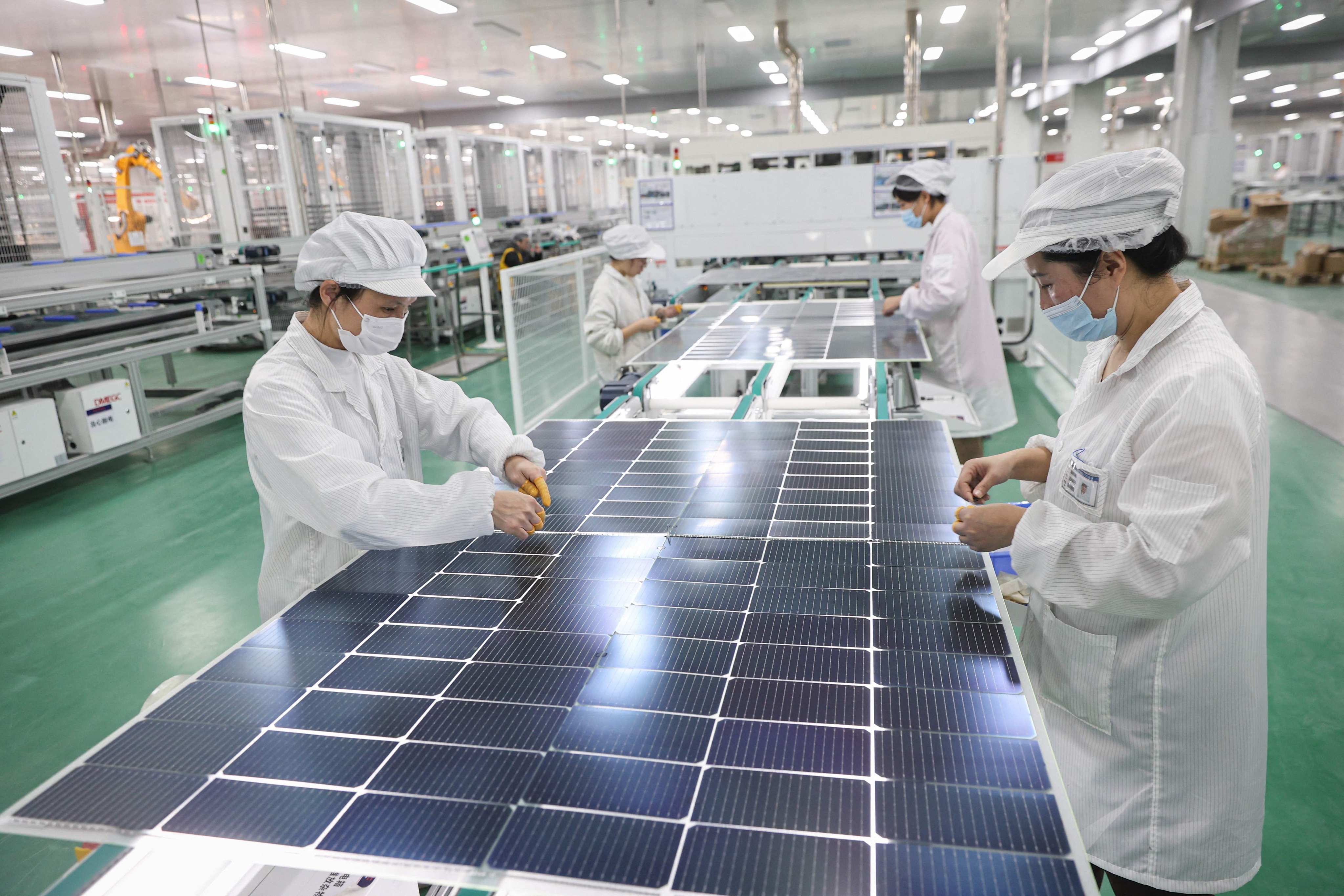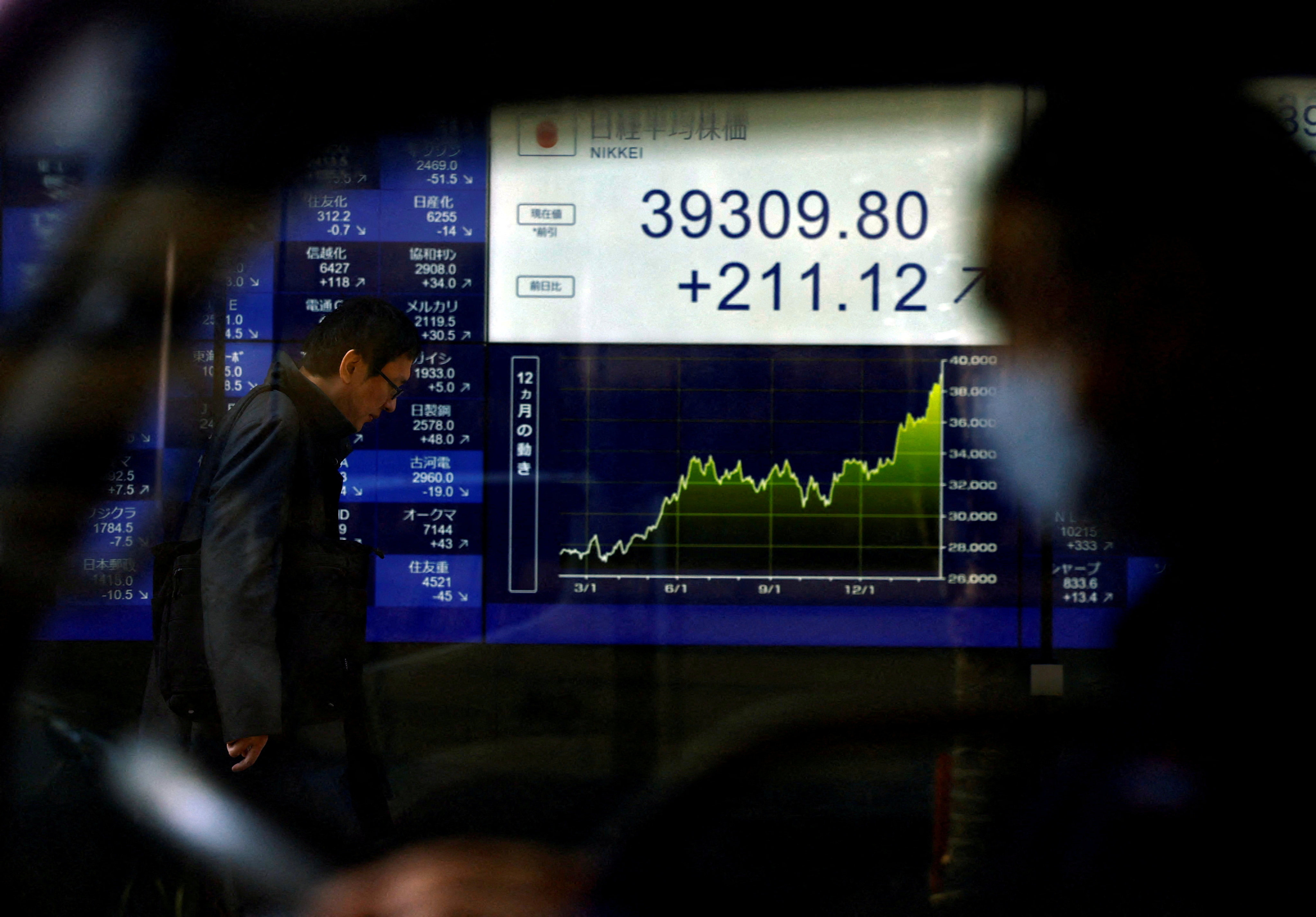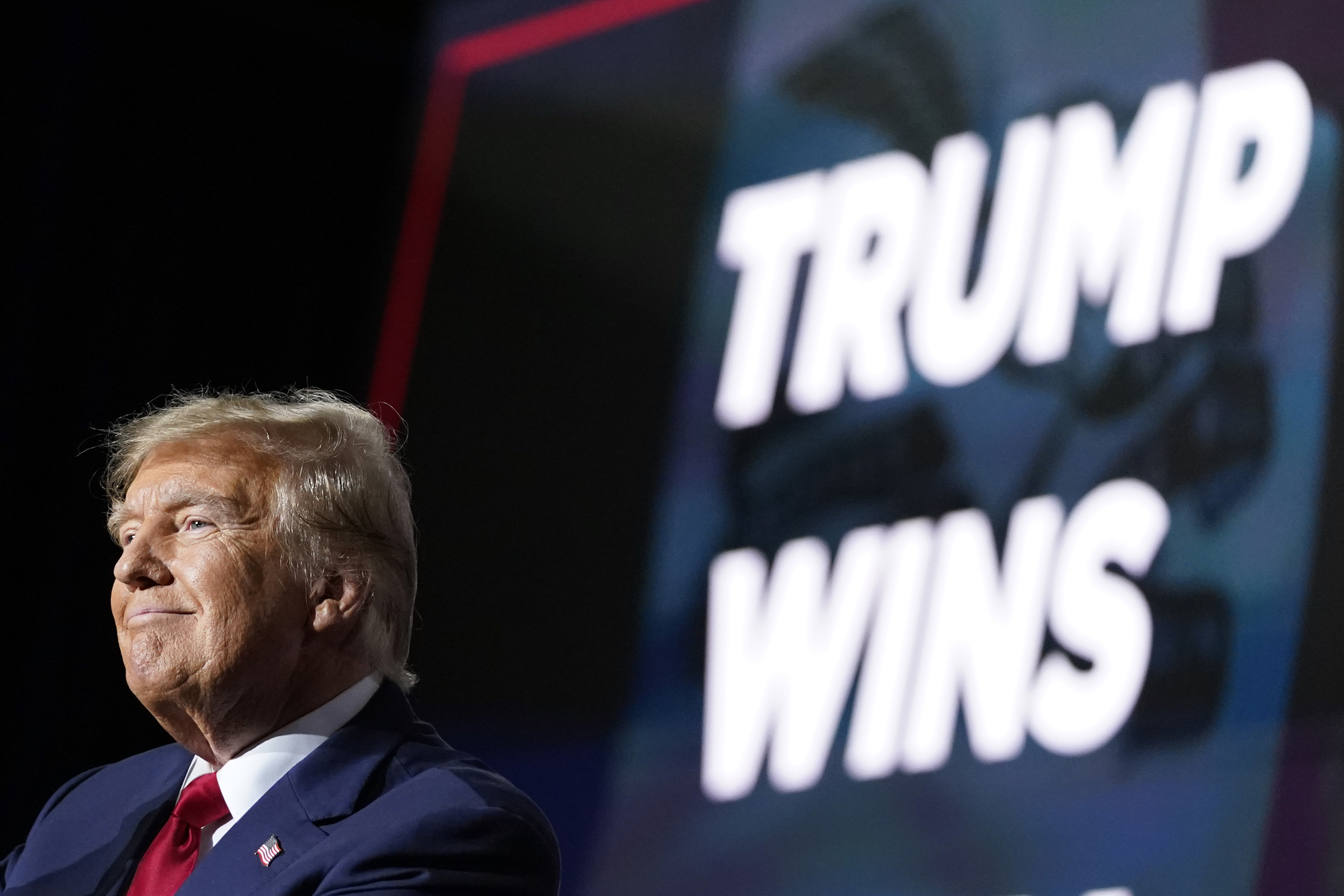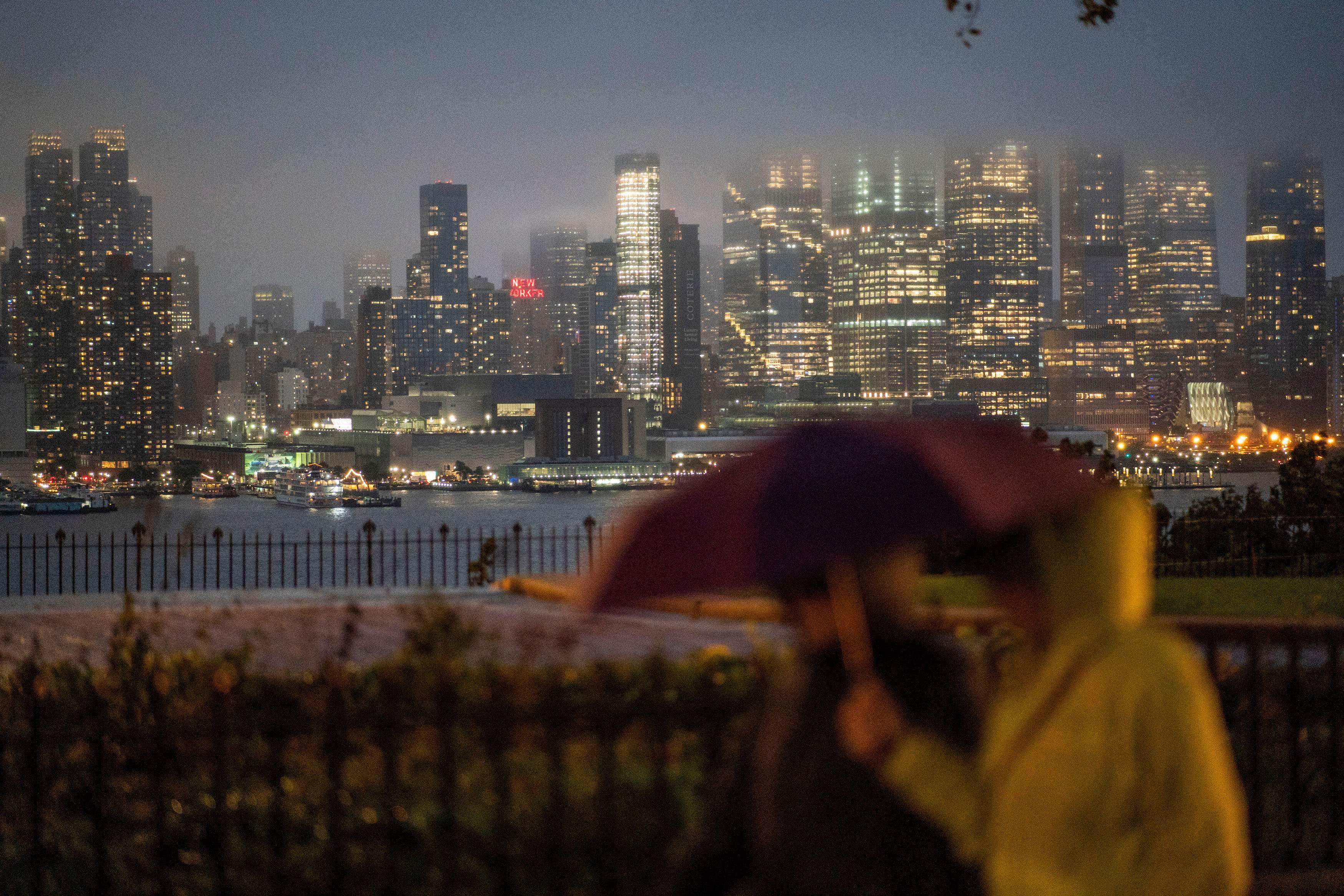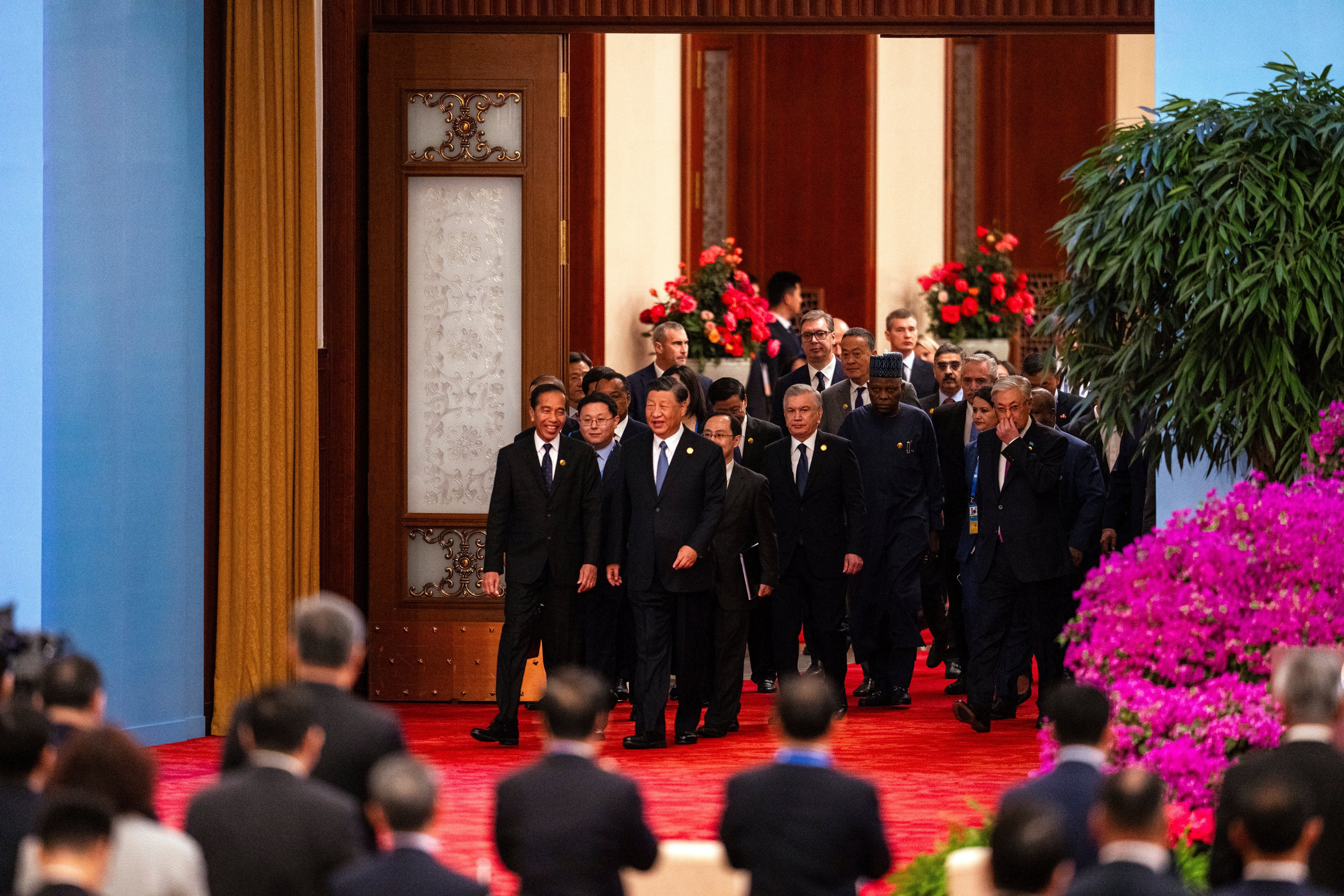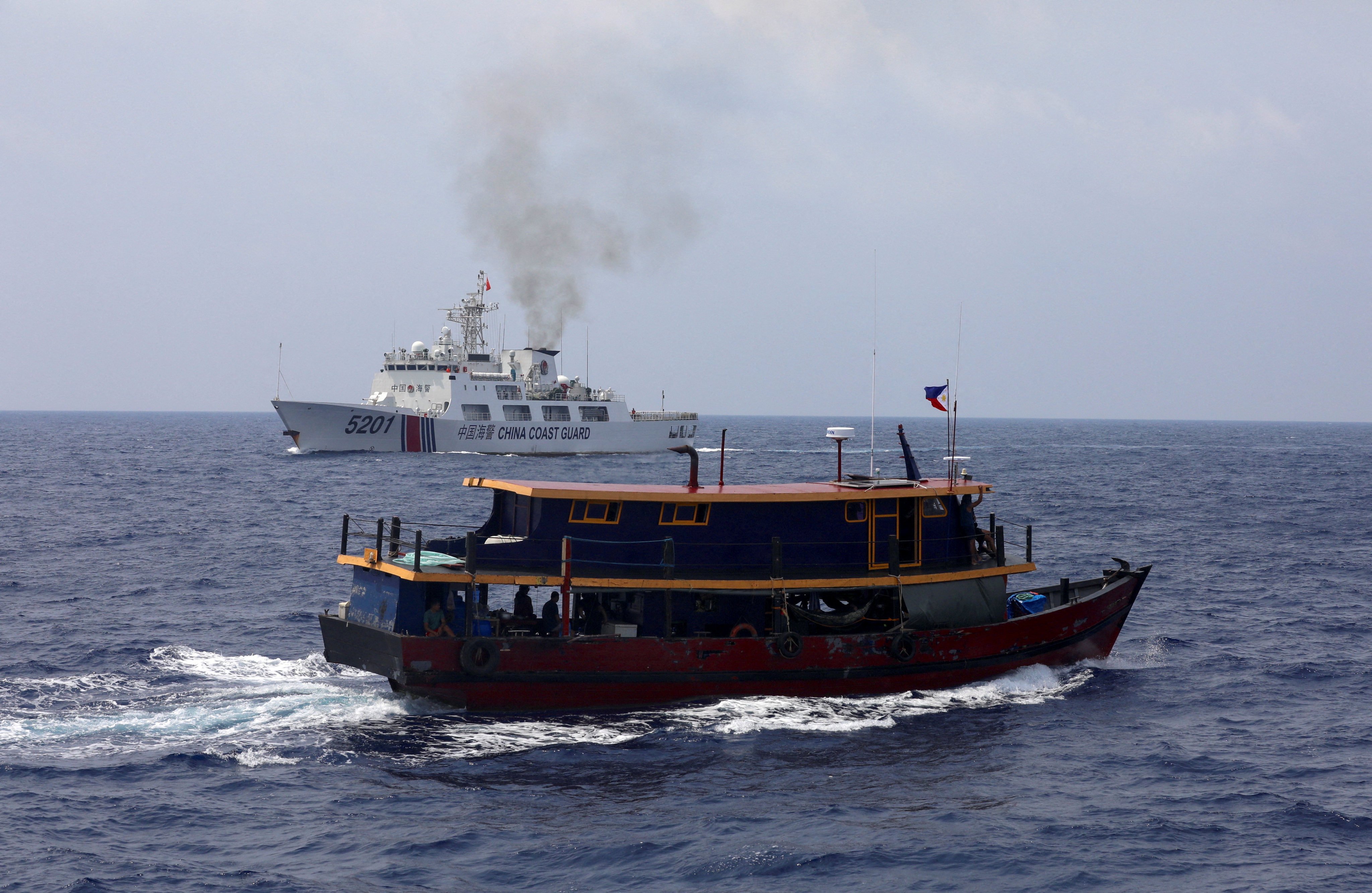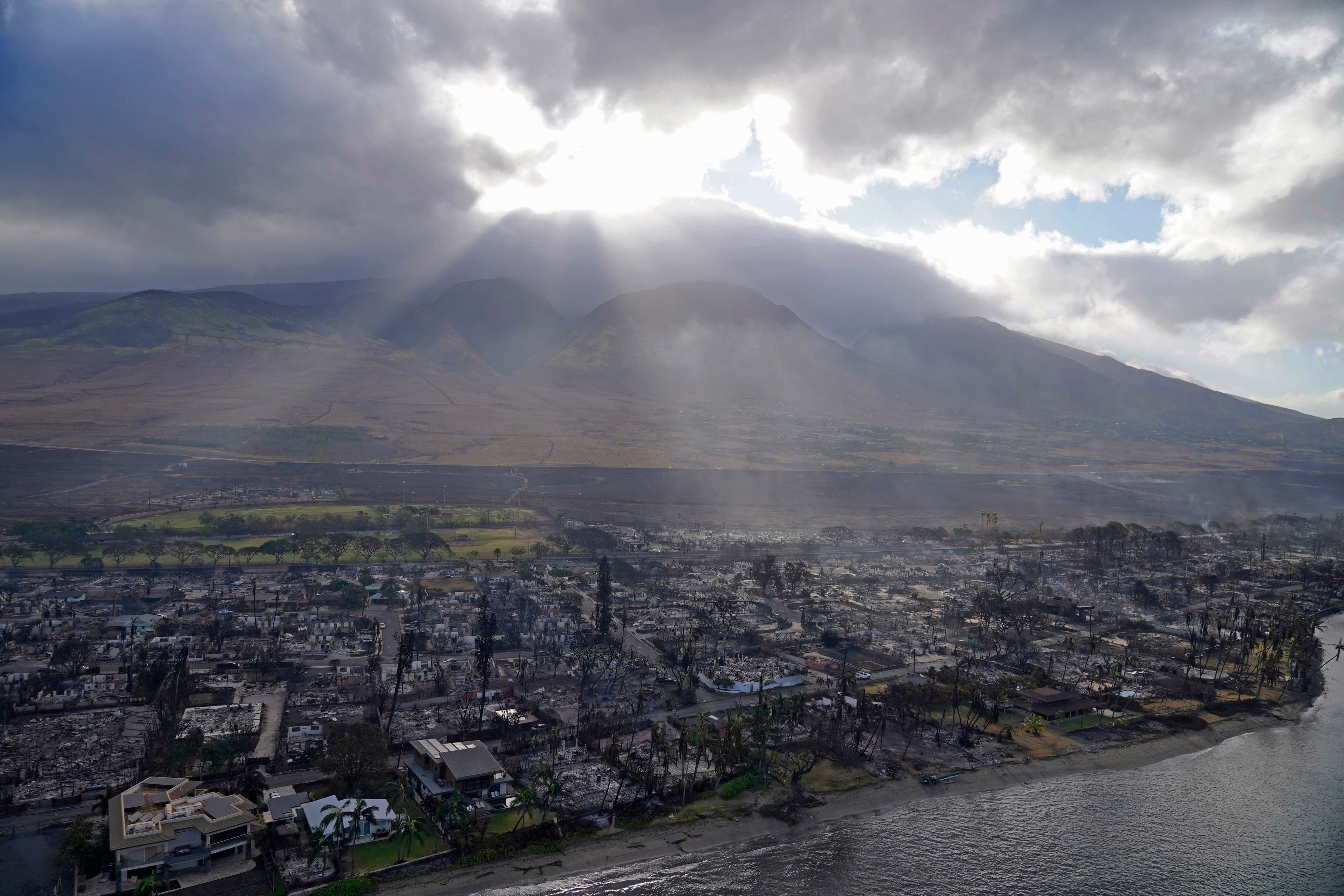
Recent UK and French election results and US turmoil are creating an impression of political and societal instability.
If Western countries want to enter the house the Brics nations are building, it would have to be as genuine partners rather than would-be landlords.
Doubts about the US government’s ability to manage its debt without stoking inflation are sparking the latest round of dire warnings about the risks to the global economy.
Great reforms seem to be born only out of major upheavals. And the IMF enjoys only as much power as its fractious owners are prepared to give it.
Trillions invested in environmental, social and governance has diverted funds away from more worthy sustainable projects.
No state can withdraw from globalisation on its own terms, and the world cannot have one power in effect running monetary policy on behalf of everyone else.
With extreme weather events linked to climate change set to increase in frequency and scale, sustainable infrastructure funding remains critically low. To provide real solutions, financial markets need to get more involved in directing savings towards climate investment.
Asia needs to stop seeing older people as liabilities to be tolerated, and instead view them as assets to be nurtured, through better human resource management.
Concerns about an Asian currency war and what it would mean for the world economy have been underpinned by a strong US dollar. Some economies may choose to intervene in currency markets, but the big question is whether China will devalue the yuan or proceed with caution
It is starting to look as if the changes in global economic ties will lead not to a hot war but a new ice age where US- and China-aligned blocs coexist in an environment of slow growth and tension
Stock prices have been a powerful support for the Make America Great Again agenda because the US market is so big as to be the tail wagging the dog. Close attention must be paid to the recent market stumble and America’s slowing GDP growth – where US stock prices go, so goes the global economy.
If wisdom has a place at all, it should be within above-the-fray institutions such as the IMF and World Bank. Yet there is often scant sign of it.
Well-designed policies that support innovation and technology diffusion more broadly can lead to higher economic growth across countries. Policies that limit rivals’ access to technology are hardly best for the world.
The IMF is warning regulators about the systemic risks of the rapidly growing private credit market, a largely opaque sector involving direct lending to corporations
The US, Europe and Japan will not gladly sacrifice their IMF quotas to give China and others more voting rights. But a failure to reform the organisation will worsen rifts and weaken its ability to deal with looming global crises.
Markets and banking systems are stumbling on blindly and greedily towards a repeat of past mistakes both recent and distant. Banks being so big they can lend irresponsibly and ignore those meant to regulate them must change, and the coming crisis could do just that.
Updating John Meynard Keynes’ seminal predictions, IMF managing director Kristalina Georgieva has set out a hopeful scenario for the next century. But the outlook hinges on more sustainable and equitable growth.
The apparent inability of markets to see more than one step ahead is alarming at a time when stocks are surging and markets chase quick profits above all. Multiple underlying problems are being overlooked, and a market failure to comprehend the fundamental causes of rising costs could spell financial disaster.
China’s growing dominance in solar panels, electric cars and batteries is putting US and European manufacturers at a disadvantage and is attracting defensive hostility.
Investors around the world have been dazzled by the performance of the “Magnificent Seven” US tech stocks and, to a lesser degree, Europe’s “Granolas”. The size and influence of these giants are taking investment away from essential socioeconomic causes such as climate change, infrastructure and more.
The mountain of global debt is of particular concern because of the sharp series of interest rate increases in the US. The threat that debt levels in different sectors of the economy pose to financial markets should be more clearly communicated.
The country’s sizzling stock market and high-profile push for governance reforms are spurring optimism that the economy is finally turning around. However, investors would be well advised to look more closely at its economic fundamentals.
Neither Biden nor Trump is the US leader the world needs. But Trump is more likely to seek a detente with China, Russia and perhaps even North Korea, bringing the world back from the brink of war.
Stock market prices in Japan, the US and elsewhere are being inflated by stimulus, suggesting a picture of economic health. But a correction delayed is not a correction averted.
The US, the largest commercial property market in the world, has seen prices tumble since the Federal Reserve started raising interest rates. The knock-on impact of falling property prices on the banking system, securities markets and real economy could be serious, and reverberate into international financial markets.
China’s grand infrastructure initiative needs wider ownership, a stronger institutional structure and more money. It could gain these if it were incorporated into the newly enlarged Brics grouping.
Much of Asia’s growth in recent years has been built on a foundation of strategic stability, but that under threat in a series of potential flashpoints. Leaders and policymakers must know it is dangerously irresponsible to risk lives and livelihoods in the hope of scoring points against their opponents.
Whether we call it belief in God or a guiding external force or simply superstition, inculcating faith or the conviction that we are accountable to someone or something greater than ourselves can both defeat nihilism and provoke great creative actions.
While certain countries are trying to entrench the current world order, there is a vast transition taking place that will alter the global balance of power and efforts to stop it are akin to putting a finger in the proverbial dyke.
Prime Minister Fumio Kishida and his party are flailing in response to a fundraising scandal, shaking Japan’s image as an island of stability. Japan’s political structure has clearly not matured and stabilised in the post-war period to the same extent that its institutional and economic structure has.



